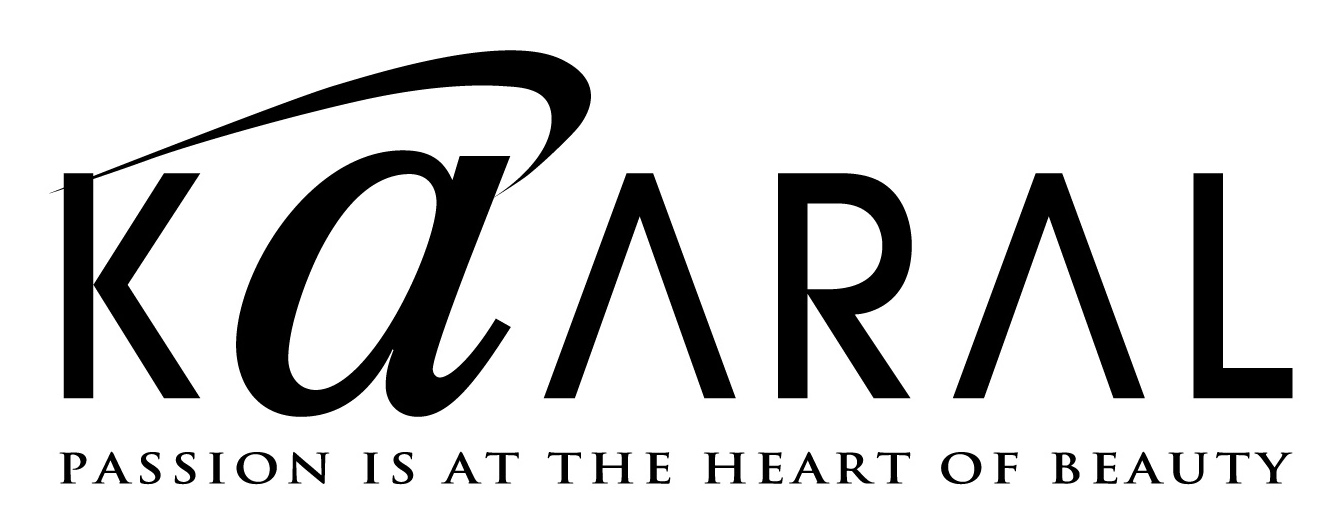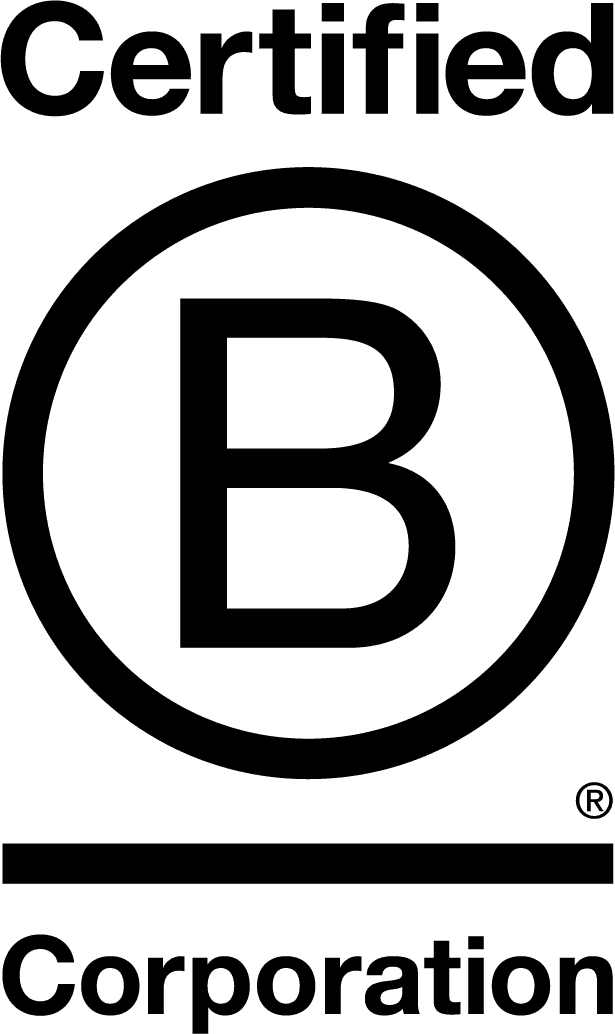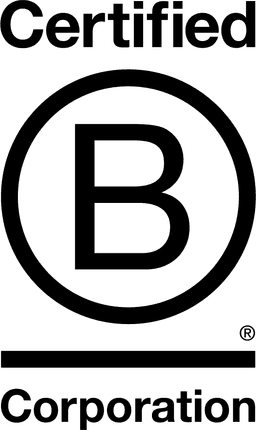

KAARAL SRL

1.6
Abruzzo, Italy
July 2025
Chemicals & chemical products
Manufacturing
Albania,
Armenia,
Australia,
Azerbaijan,
Belarus,
Belgium,
Bosnia and Herzegovina,
Bulgaria,
Canada,
China,
Croatia (Hrvatska),
Cyprus,
Czech Republic,
Denmark,
Ecuador,
France,
Georgia,
Germany,
Greece,
Honduras,
Hong Kong S.A.R.,
Indonesia,
Iran,
Iraq,
Israel,
Italy,
Kazakhstan,
Lebanon,
Lithuania,
Malta,
Moldova,
Netherlands The,
Poland,
Portugal,
Romania,
Russia,
Saudi Arabia,
Serbia,
Singapore,
Slovenia,
South Korea,
Spain,
Sweden,
Switzerland,
Turkey,
Ukraine,
United Arab Emirates,
United Kingdom,
Uzbekistan,
Venezuela,
West Bank and Gaza
Kaaral is an Italian family-owned company that produces and distributes hair care products. The company was founded in Abruzzo in 1981 by the Vitulli Family, and its history has always been about passion and family values, territory, and made in Italy. Over the years, the enthusiasm and dedication have been handed down to following generations, granting a continued growth and a worldwide expansion. Thanks to this international vision, the Company has affirmed its presence in more than 40 countries. Despite its strong internationalization, the entire products range is developed and produced in Italy; Kaaral is, in fact, been awarded with 100% Made in Italy Certification. The company is constantly improving production facilities and warehouse, investing in R&D as well. Kaaral pays also great attention to sustainability and environment, and it is certified according to Quality, Environment, Good Manufacturing Practices and Security. Kaaral is also Halal certified, taking a step forward in its aim of embracing every culture, identity, and definition of beauty. Kaaral mission is to find a perfect balance between quality, style, and trend, spreading the concept of Made in Italy, that stands for excellence, beauty, and prestige throughout the world.
Overall B Impact Score
Governance 16.2
Governance evaluates a company's overall mission, engagement around its social/environmental impact, ethics, and transparency. This section also evaluates the ability of a company to protect their mission and formally consider stakeholders in decision making through their corporate structure (e.g. benefit corporation) or corporate governing documents.
What is this? A company with an Impact Business Model is intentionally designed to create a specific positive outcome for one of its stakeholders - such as workers, community, environment, or customers.
Workers 27.0
Workers evaluates a company’s contributions to its employees’ financial security, health & safety, wellness, career development, and engagement & satisfaction. In addition, this section recognizes business models designed to benefit workers, such as companies that are at least 40% owned by non-executive employees and those that have workforce development programs to support individuals with barriers to employment.
Community 16.2
Community evaluates a company’s engagement with and impact on the communities in which it operates, hires from, and sources from. Topics include diversity, equity & inclusion, economic impact, civic engagement, charitable giving, and supply chain management. In addition, this section recognizes business models that are designed to address specific community-oriented problems, such as poverty alleviation through fair trade sourcing or distribution via microenterprises, producer cooperative models, locally focused economic development, and formal charitable giving commitments.
Environment 19.2
Environment evaluates a company’s overall environmental management practices as well as its impact on the air, climate, water, land, and biodiversity. This includes the direct impact of a company’s operations and, when applicable its supply chain and distribution channels. This section also recognizes companies with environmentally innovative production processes and those that sell products or services that have a positive environmental impact. Some examples might include products and services that create renewable energy, reduce consumption or waste, conserve land or wildlife, provide less toxic alternatives to the market, or educate people about environmental problems.
Customers 3.3
Customers evaluates a company’s stewardship of its customers through the quality of its products and services, ethical marketing, data privacy and security, and feedback channels. In addition, this section recognizes products or services that are designed to address a particular social problem for or through its customers, such as health or educational products, arts & media products, serving underserved customers/clients, and services that improve the social impact of other businesses or organizations.